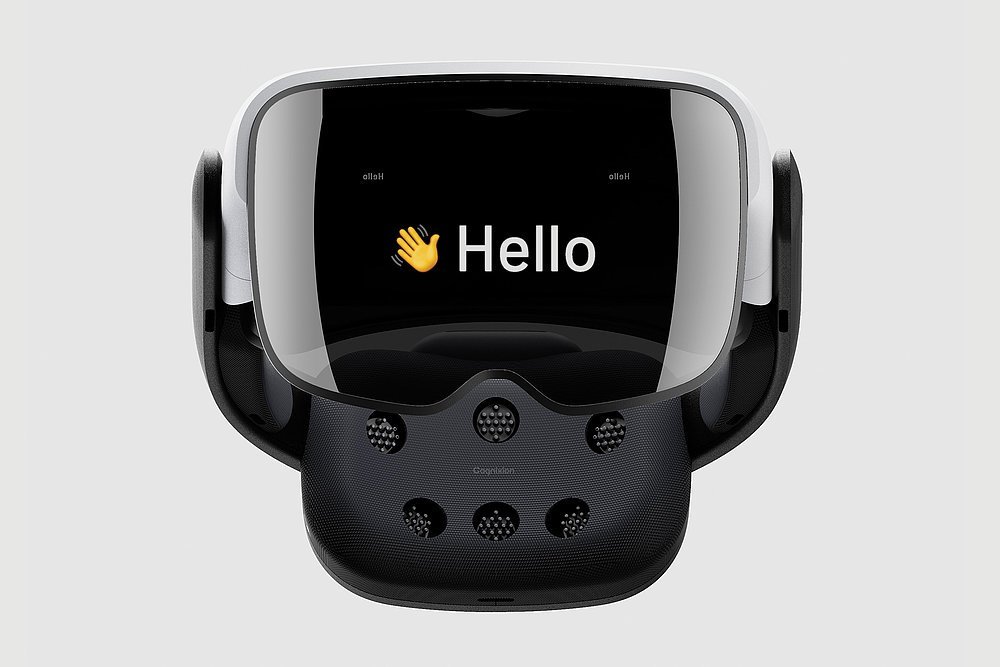The Big Ideas Behind Cognixion
By Mathew Olson/The Information
The Santa Barbara-based startup Cognixion is getting closer to releasing its first headworn device, a headset designed primarily as a speech generation device for people with disabilities.
I had the chance to try one of the prototype Cognixion One headsets in a demonstration this week led by CEO Andreas Forsland and recently-hired CTO Chris Ullrich, who joined the company from haptics company Immersion last month. We were also joined by Chris Benedict, a DJ and disability advocate born with cerebral palsy who consults for Cognixion.
The standout feature on Cognixion’s hardware spec sheet is the inclusion of six adjustable electrodes along the back of the headset, there to allow for use of the device just with brain-sensed inputs. But that, Forsland explained, is not the only or even necessarily the primary way Cognixion expects its devices will be used. In my demo, I navigated the headset’s menus—running on an iPhone concealed in the headset, which also doubles as its display thanks to a reflective visor—simply by moving my head around to guide a cursor.
For Benedict, an early tester of Cognixion’s assistive hardware, head movements are quick and easy for speech generation. In addition to that and the brain-sensing electrodes, Cognixion also plans for its headset to support eye-gaze inputs and physical switch controls, the idea being to give users flexible options for control that can work across a range of disabilities.
That, Forsland explained as I began dialing in sentences with small twists of my head, could potentially make the Cognixion One a more useful device for those with degenerative disorders. Of the over 1 billion people estimated to live with disabilities of some form, those with neurodegenerative diseases like ALS can face particularly tough challenges when it comes to accessibility accommodations—a tool or technology that helps them communicate and accomplish tasks one year might be unusable to them the next. Cognixion hopes that by supporting a range of inputs, a person could keep using its headset even as their condition changes over time. All the while, the AI systems underneath its speech keyboard and interfaces can adapt and continue to surface more relevant options to the user.
Cognixion is still moving through the processes of regulatory approval and certification needed to release its headsets, which it hopes Medicare will cover. Meanwhile, work continues on integrating Amazon’s Alexa with the headset by way of the same systems used for speech-generation, a partnership which saw the Alexa Fund venture arm participate in Cognixion’s last funding round.
For the full article check out The Infomation’s Reality Check newsletter here

